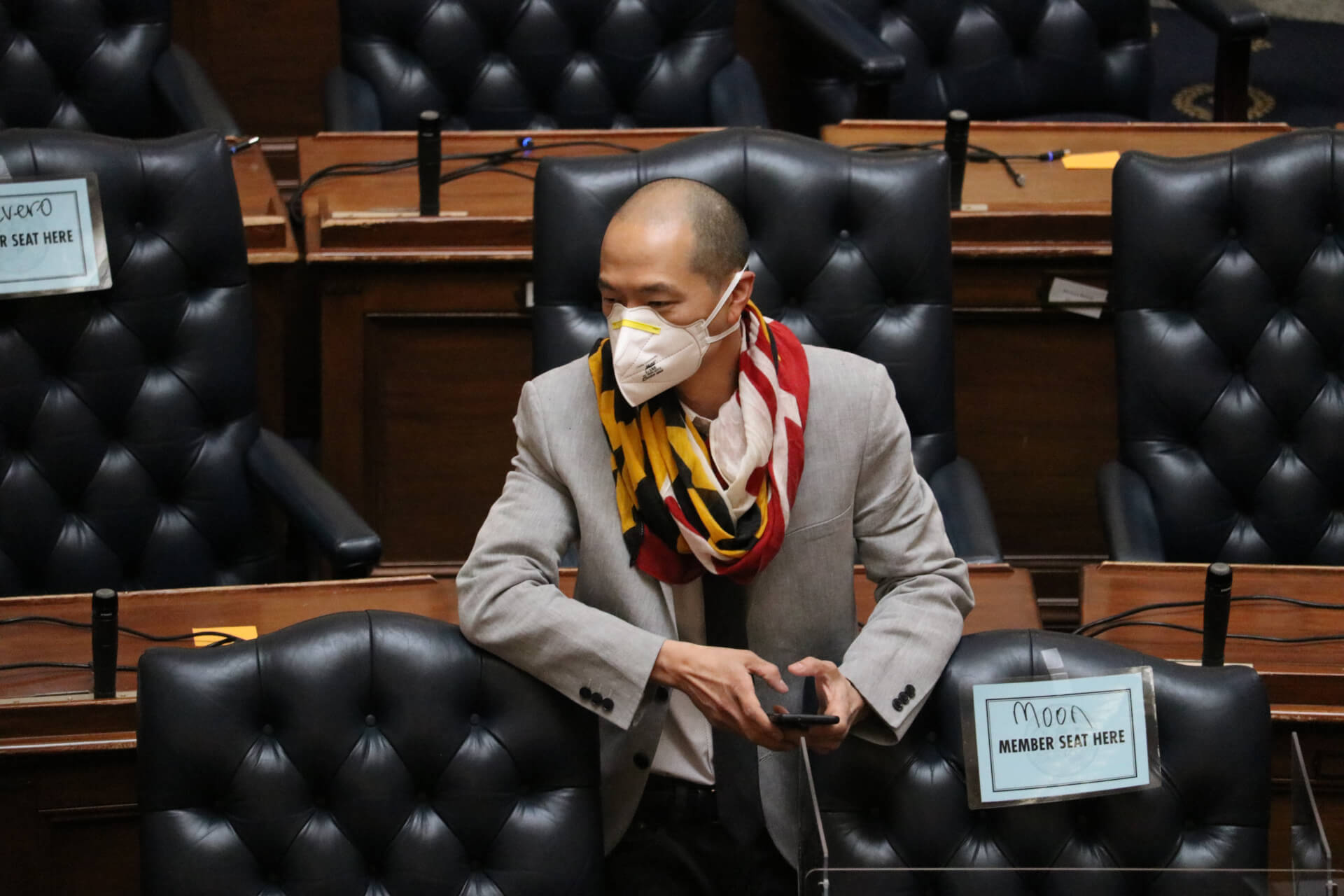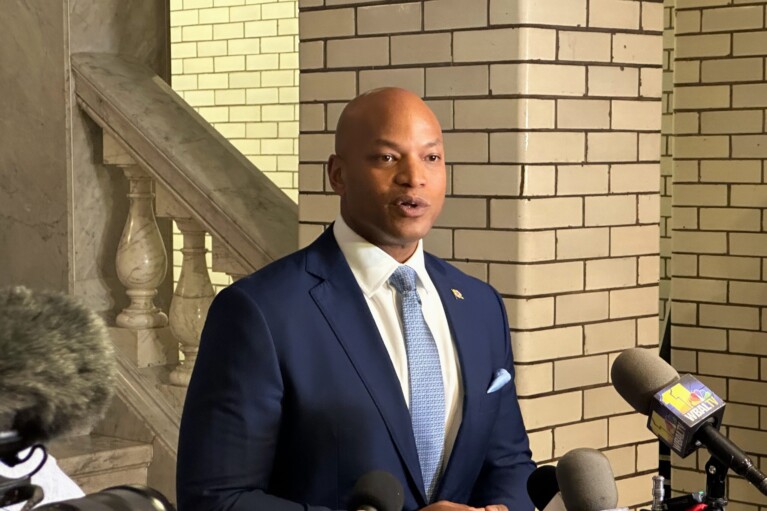Proposal Would Change How Montgomery County School Board Members are Elected

While last week’s special General Assembly session was dominated by votes on congressional redistricting and veto overrides, legislators also voted to adjust the boundaries of five Montgomery Board of Education districts, to account for population changes based on the 2020 census data.
But the bill did not change how school board members would be elected, an issue that arose last legislative session after lawmakers debated extensively over legislation from Del. Brian M. Crosby (D-St. Mary’s), which would have changed the way some Maryland counties elect their commissioners.
Crosby’s bill would have required that, if a candidate for county commissioner is running to represent a specific district, that commissioner’s election must be decided only by voters within that district. Currently in five counties – St. Mary’s, Charles, Calvert, Queen Anne’s and Garrett – commissioners are elected by a countywide vote regardless of what district they’re from.
The same issue is present in elections for the Montgomery County Board of Education, which includes five members who are required to reside in a district, two members who can reside anywhere in the county and one student member. The five district members, however, are elected county-wide.
“It means that my local policy views and those of all my neighbors who share a district with a school board member is going to get filtered through the views of very different voters from a very different part of the county,” said Del. David Moon (D-Montgomery). “It essentially gives veto power to a bare majority over school policy in every corner of the county.”
An amendment to Crosby’s bill that would have required district-based school board positions to be elected only by voters in their districts passed the House last year, but Crosby’s bill failed to make its way through the Senate.
Crosby has not said whether he intends to reintroduce the legislation in the 2022 session.
In the upcoming legislative session, Moon said he plans to introduce a bill that would require the five district-based board members in Montgomery County to be elected by voters solely within that district, rather than the whole county. The current structure raises voting rights issues by allowing a majority voting population to dominate every school board race, he said.
Instead of having to appeal to a million voters in Montgomery county, each district board member would only have to focus on around 200,000 voters in their district, under Moon’s bill.
Moon said Crosby’s bill reopened a point he had made before during campaign finance reform debates in the past — that it is unrealistic to expect a school board candidate to garner enough resources to run in a county with a population of 1 million people.
The Montgomery County Council includes both district elections and at-large elections, which makes it easier for grass-roots candidates to participate in the process, Moon said. More areas in the state are starting to reform their election process and campaign finance rules, which makes it the right time for Montgomery County to reevaluate how it has been electing its school board members, Moon said.
Del. Vaughn Stewart (D-Montgomery) said he plans to introduce a companion bill, which would add an at-large school board member to counterbalance potential “parochialism” on the board.
“The idea that you would have district seats elected at large is, at a minimum, odd, and at worst, bad for democracy,” Stewart said.
“I think finding that kind of Goldilocks position where you’re empowering voters to have their own district representative, but then also have folks who are looking out for the entire interest of the county…is challenging,” he continued.
But the Montgomery County Council, which includes five district council members and four at-large members, and is adding two district members in 2022, is a good model to follow, Stewart said.
Montgomery County school board members have been elected under the current rules for as long as Del. Eric G. Luedtke (D-Montgomery) can remember. But, he said, “we’re constantly looking at ways to improve electoral processes and voting processes and improve representation,” Luedtke said.
The shape of the county’s school districts, which House Bill 3 addressed, was separated from the issue of school board member election by districts for process reasons, Luedtke said. The General Assembly convened last week to achieve three constitutional priorities: pass redistricting legislation, address vetoed bills from the 2021 regular session and elect a new state treasurer to replace Nancy K. Kopp (D), who announced that she will retire at the end of the year.
Changing the electoral structure of school board members is an issue that would benefit from further discussion and debate during a normal legislative session, Stewart said.
The Montgomery County House delegation is slated to have a virtual public hearing on Moon’s and Stewart’s bills on Monday evening and the delegation’s Education, Elections and Housing Committee will vote on the bills before the next legislative session begins on Jan. 12.




 Creative Commons Attribution
Creative Commons Attribution